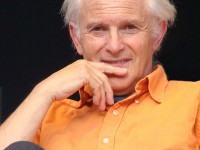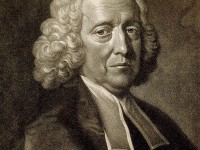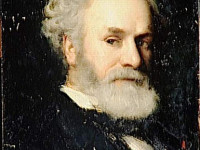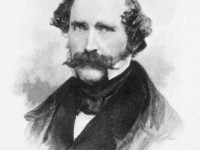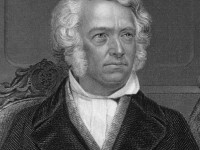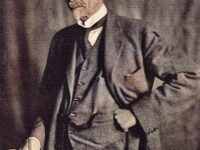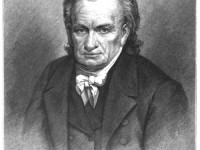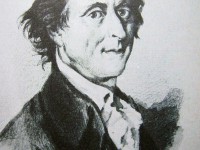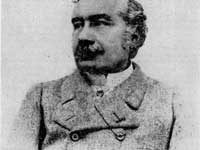Harold Kroto and the Discovery of Fullerenes
On October 7, 1939, English chemist and Nobel Laureate Sir Harold Walter Kroto was born. Kroto shared the 1996 Nobel Prize in Chemistry with Robert Curl and Richard Smalley [6] for their discovery of fullerenes, i.e. molecules of carbon in the form of a hollow sphere, ellipsoid, tube, and many other shapes, which have been the subject of intense research, both for their unique chemistry and for their technological applications, especially in…
Read more

